Problem-Solving Skills Addition Worksheets for Ages 5-7
147 filtered results
-
From - To
Explore our engaging Problem-Solving Skills Addition Worksheets tailored for children ages 5 to 7! Designed to foster critical thinking and enhance mathematical understanding, these worksheets guide young learners through fun and interactive addition problems. Encouraging a hands-on approach, each activity promotes logic and reasoning skills, empowering students to tackle challenges confidently. From identifying patterns to solving addition puzzles, our resources support a solid foundation in mathematics while keeping learning enjoyable. Perfect for at-home practice or classroom use, these worksheets are an excellent way to develop essential problem-solving abilities in early learners. Start your child's math journey today!
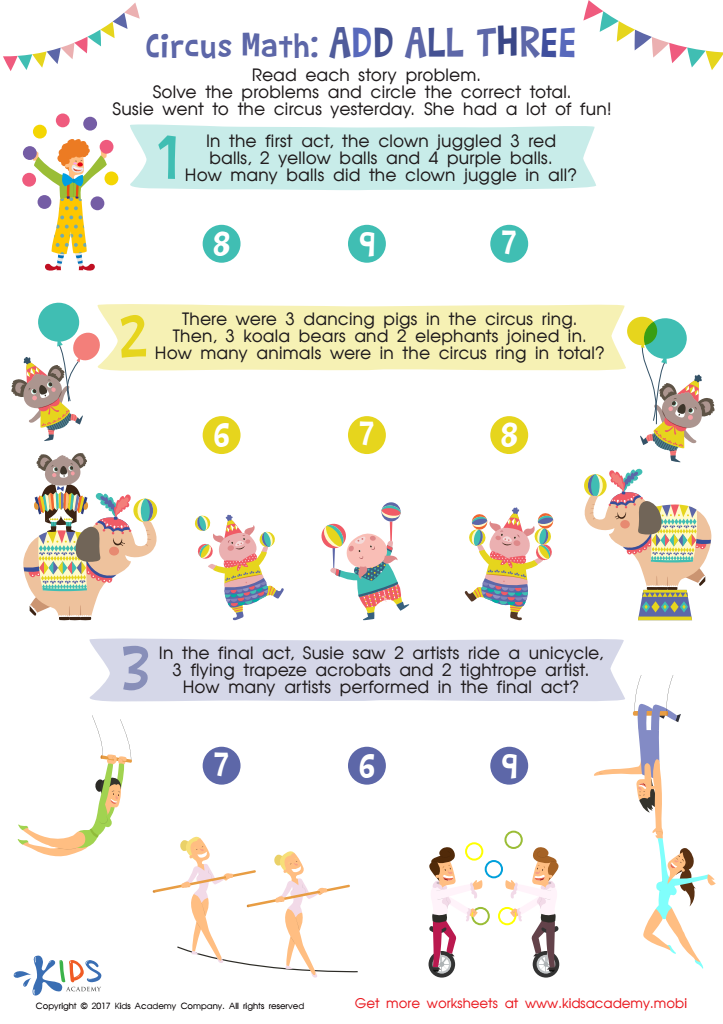

Circus Math Printable
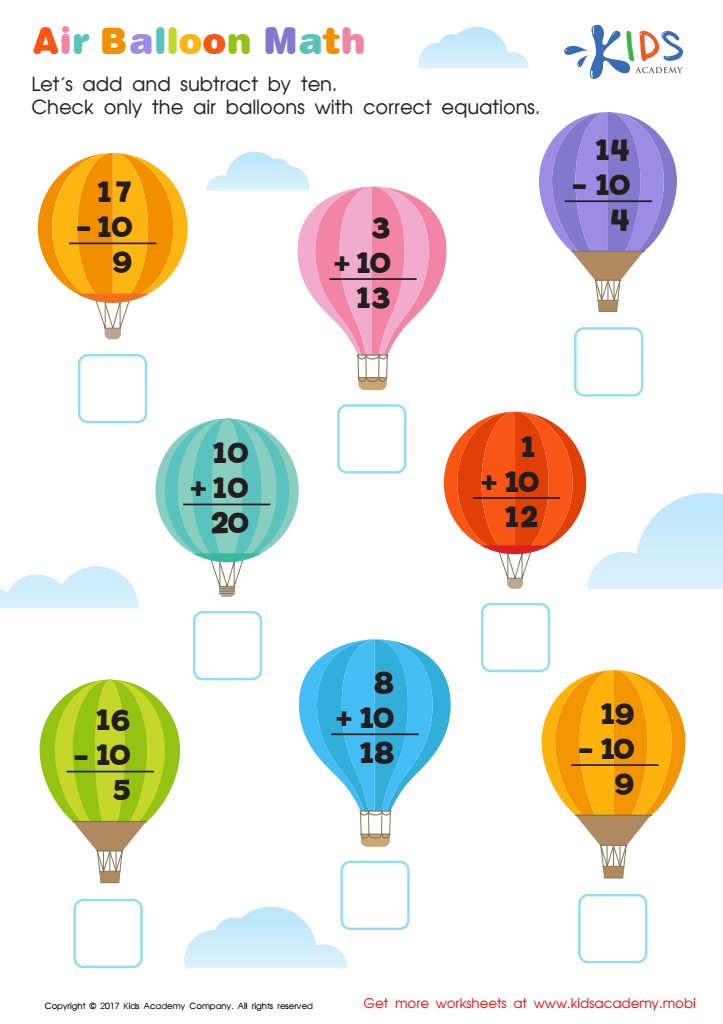

Air Balloon Math Worksheet
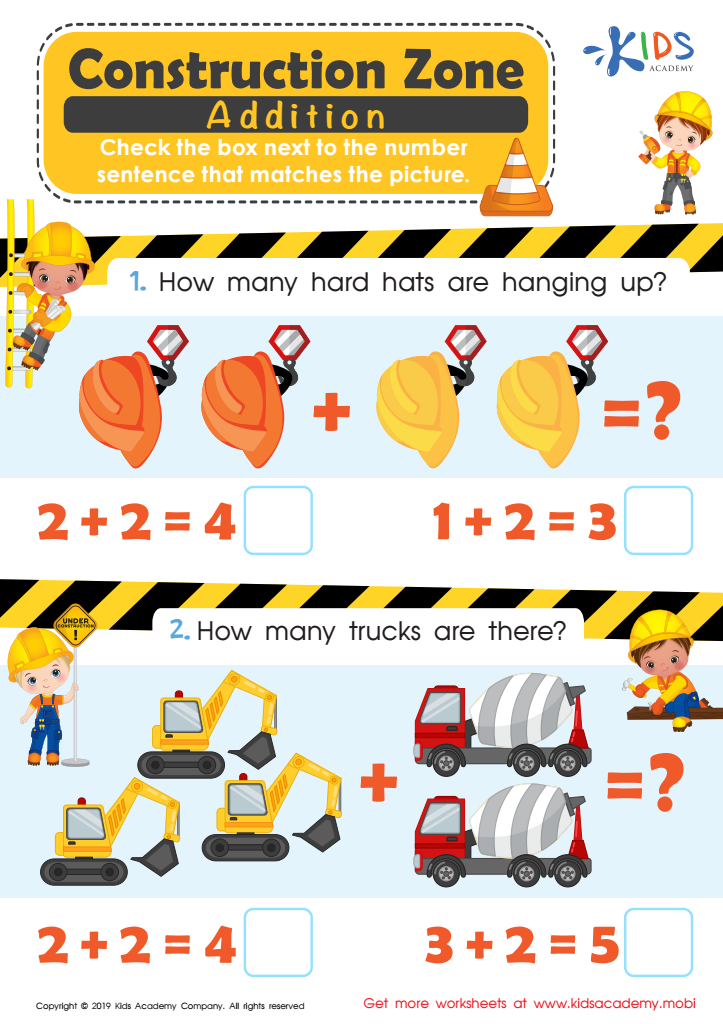

Construction Zone Addition Worksheet


Tricky Problems Worksheet: Part 1
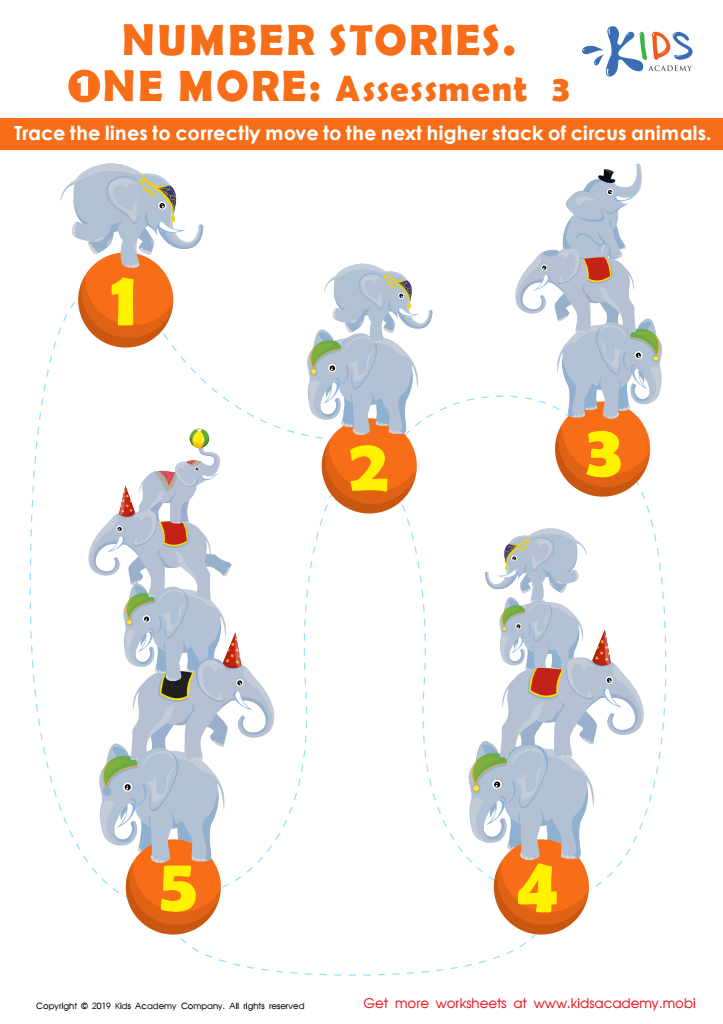

Number Stories One More: Assessment 3 Worksheet


7 Continents and 7 Seas Worksheet
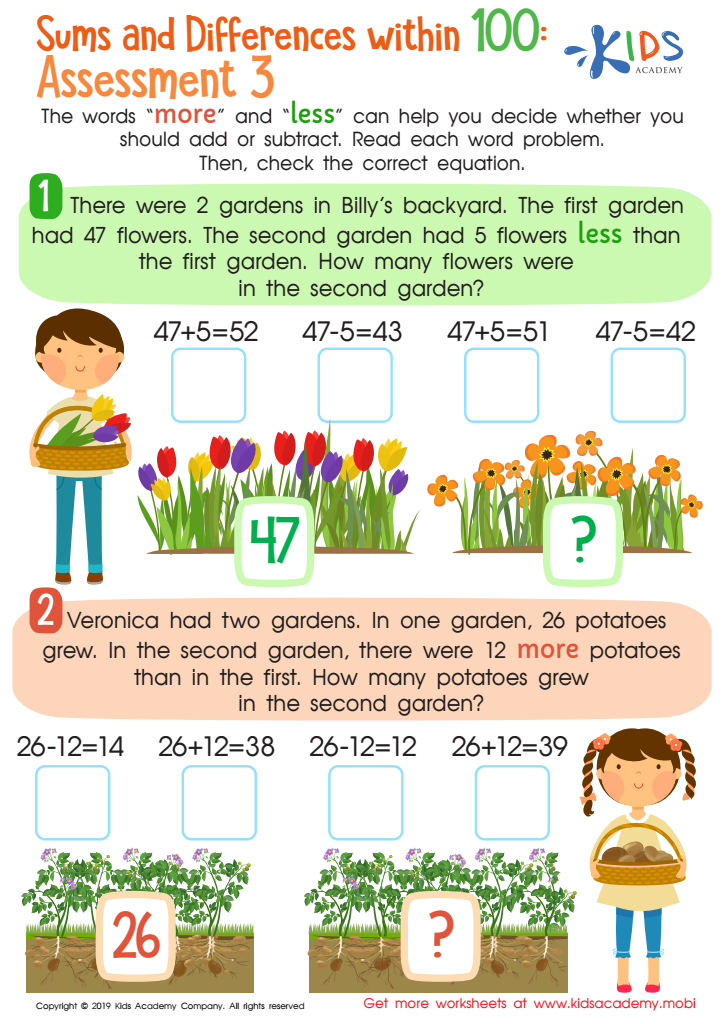

Sums and Differences Within 1 - Assessment 1 Worksheet
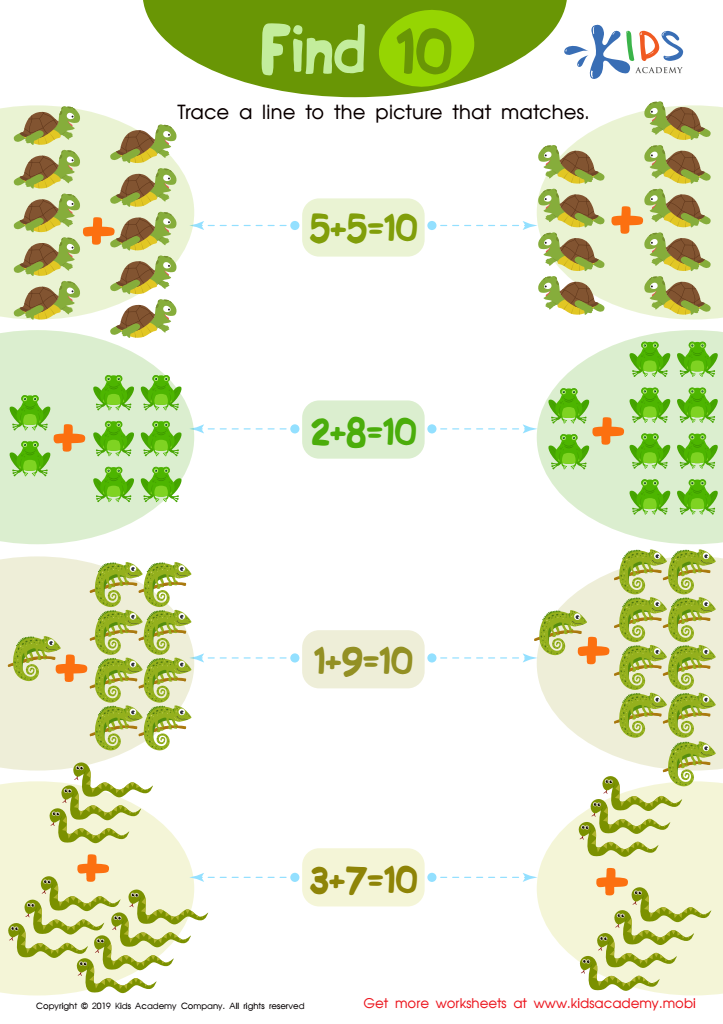

Find 10 Worksheet
Parents and teachers should prioritize problem-solving skills for children ages 5-7 because these foundational abilities lay the groundwork for effective learning and development. During these formative years, children are naturally curious and eager to explore their environment, making it an ideal time to cultivate critical thinking and problem-solving skills.
Mastering problem-solving in mathematics, particularly addition, enhances cognitive abilities, including logical reasoning and analytical thinking. This is essential not only for academic success but for navigating everyday challenges. When children learn to approach problems methodically—identifying questions, analyzing information, and exploring different strategies—they develop resilience and adaptability.
Moreover, promoting problem-solving skills fosters independence and confidence. As children learn to tackle challenges on their own, they gain a sense of accomplishment and belief in their abilities, an essential aspect of a positive self-concept. Furthermore, these skills are transferable and can enhance performance in subjects like science, reading, and social studies.
Professional development emergencies and global issues demand critical thinkers. Therefore, investing in this area will not only prepare children for immediate educational needs but also equip them with essential life skills that last a lifetime. Ignoring this vital time for skill development could stunt their growth in an increasingly complex world.
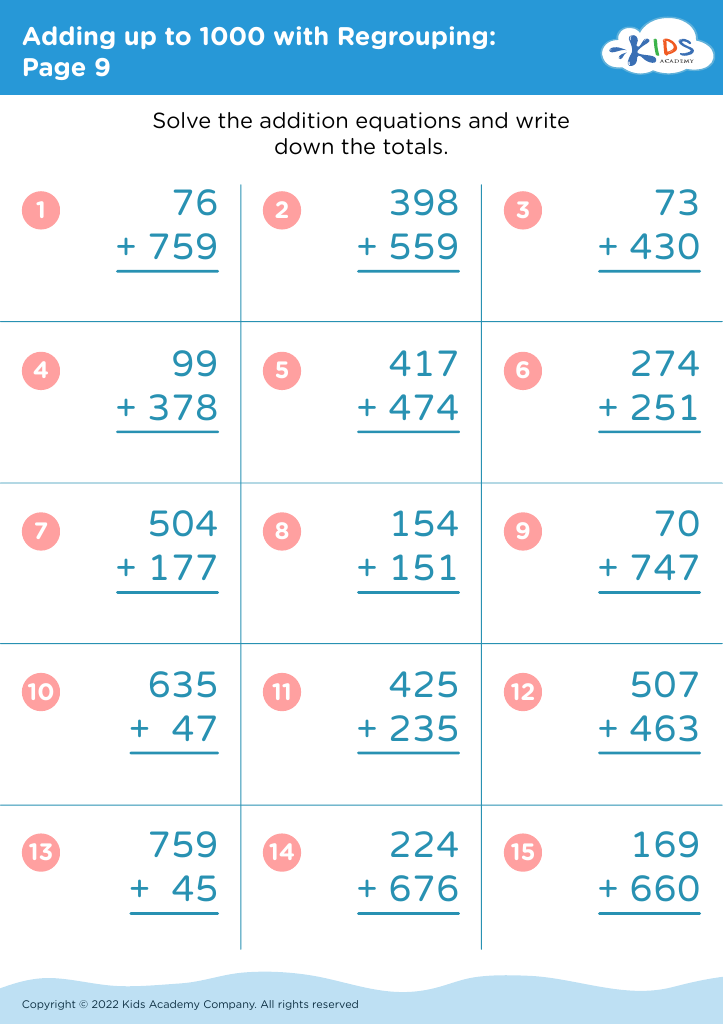

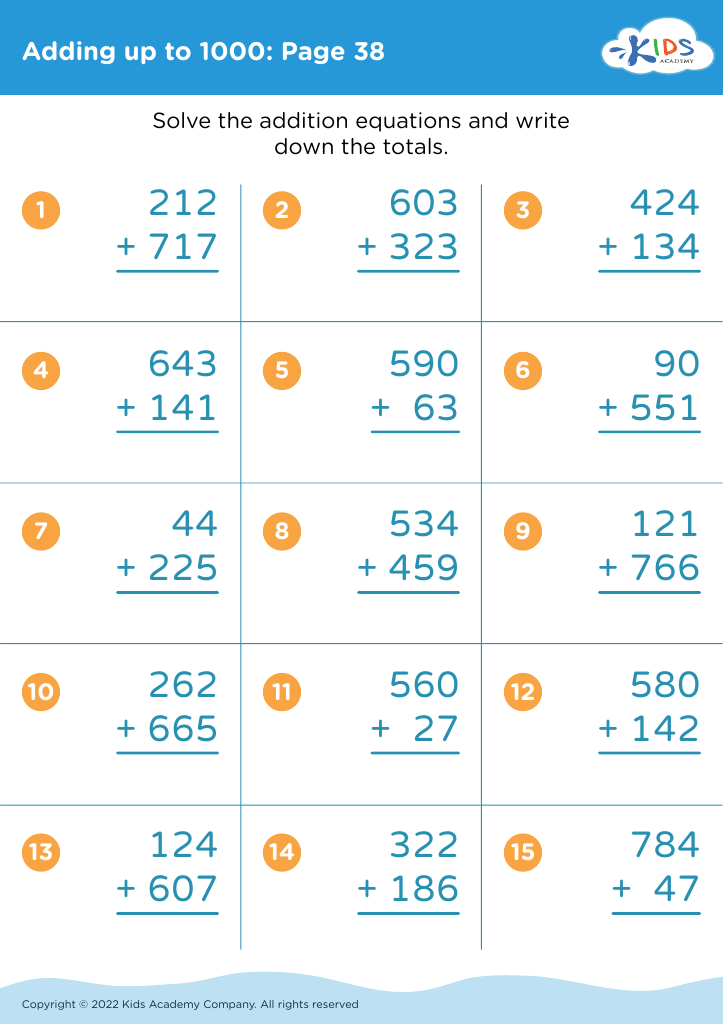
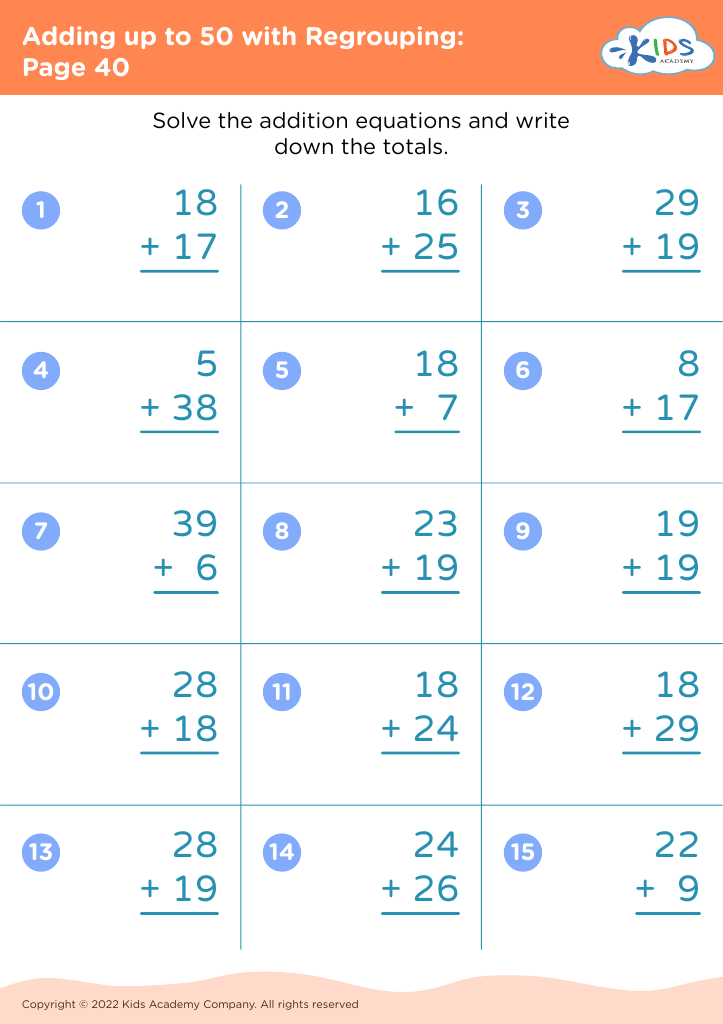
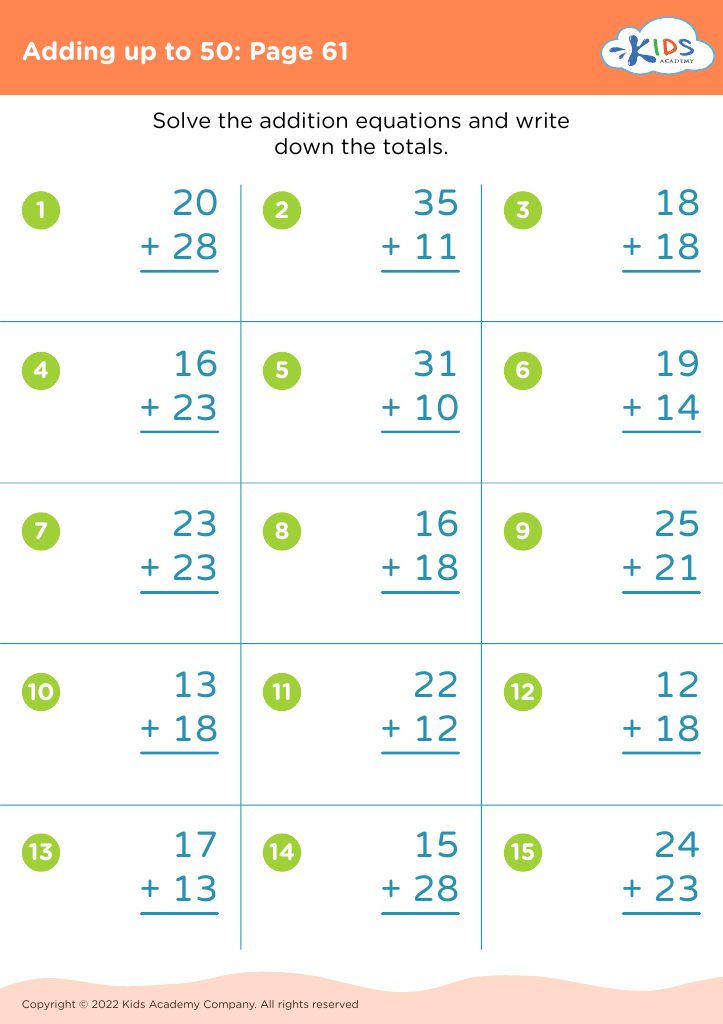
 Assign to My Students
Assign to My Students
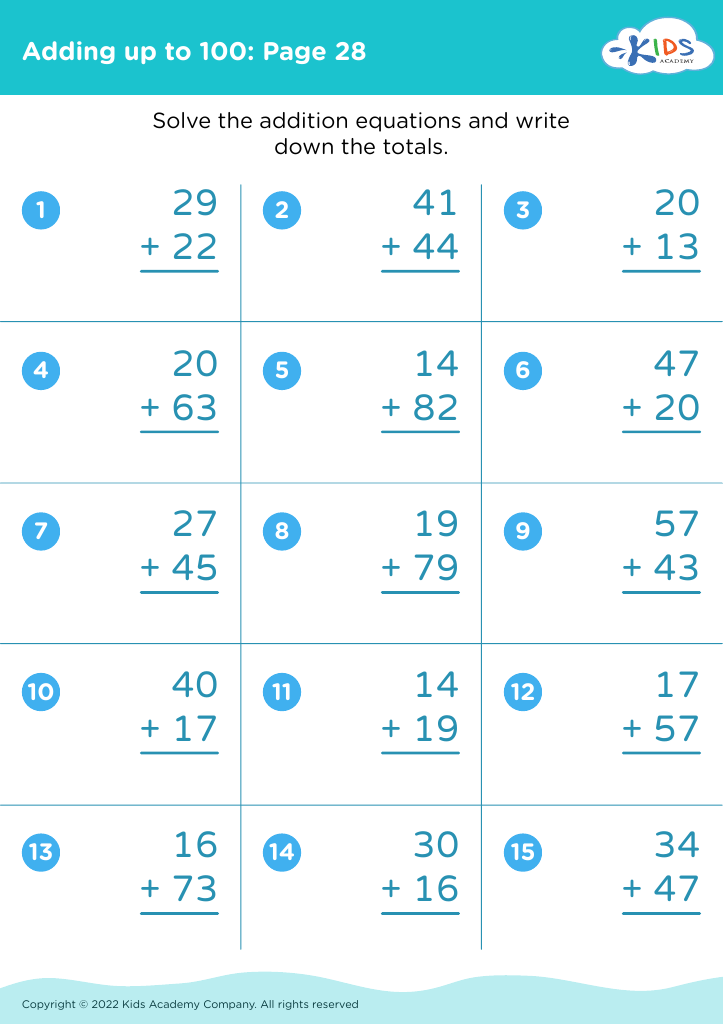
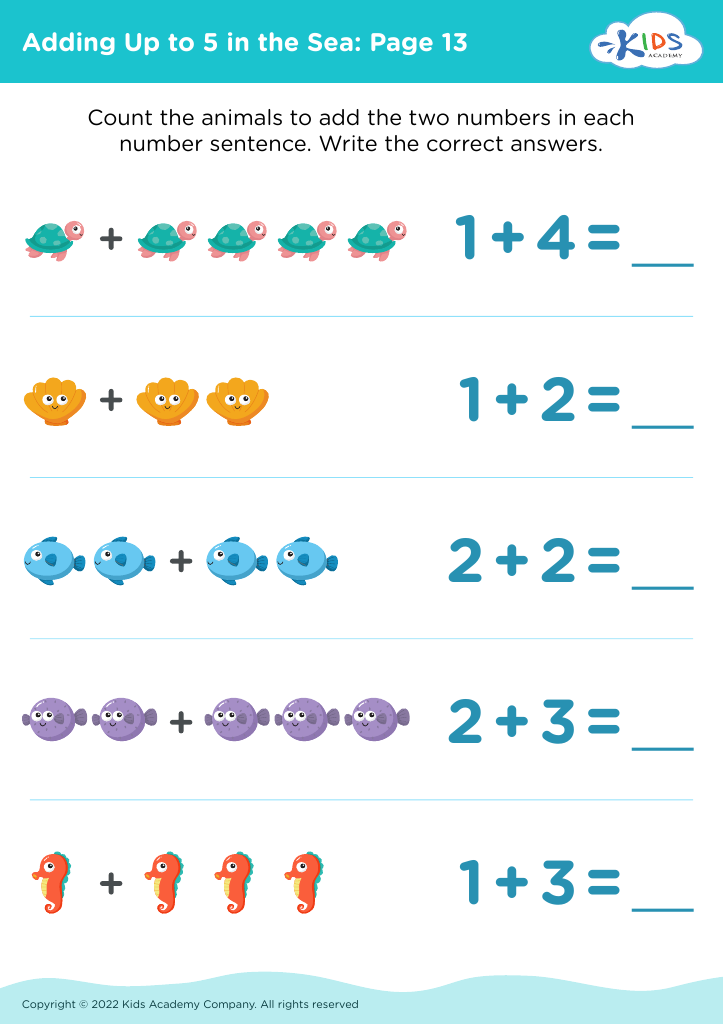
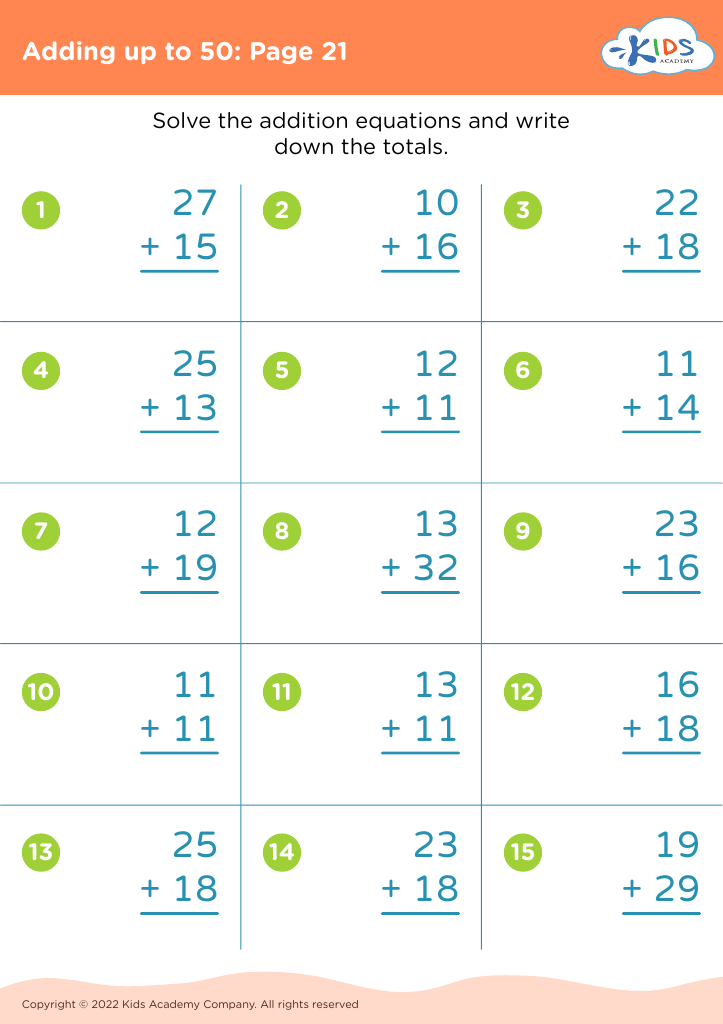
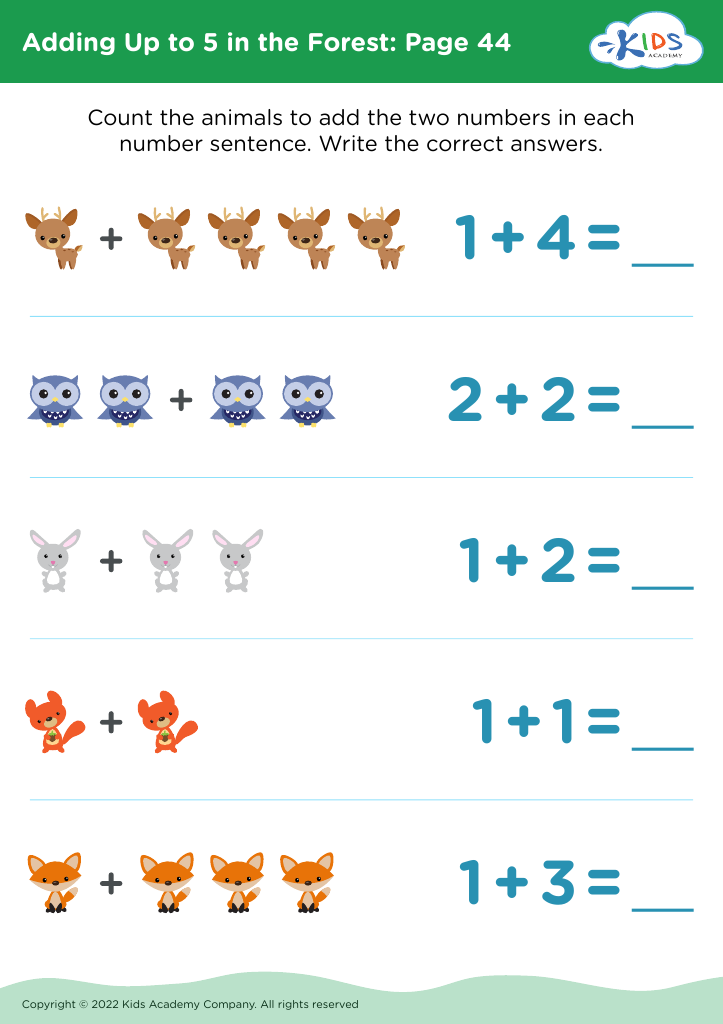
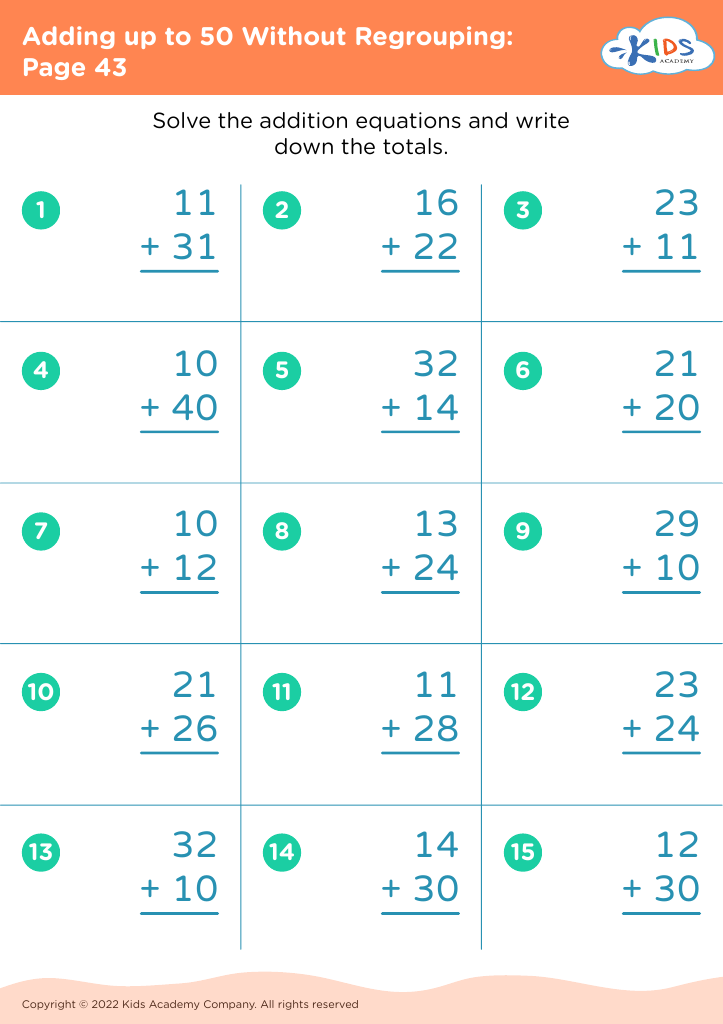
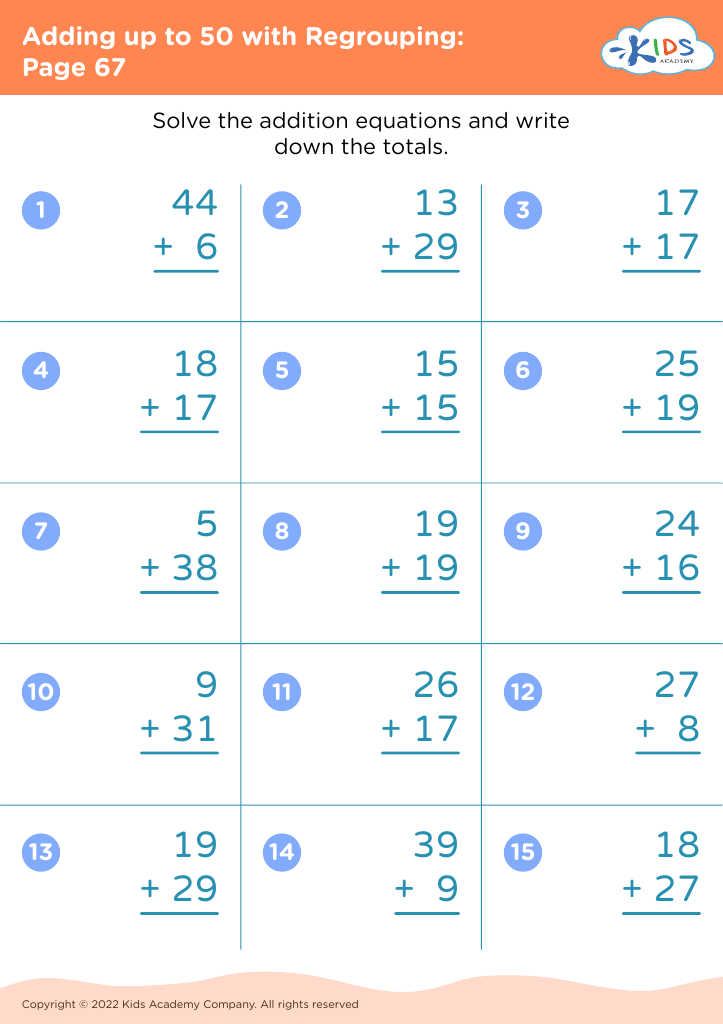
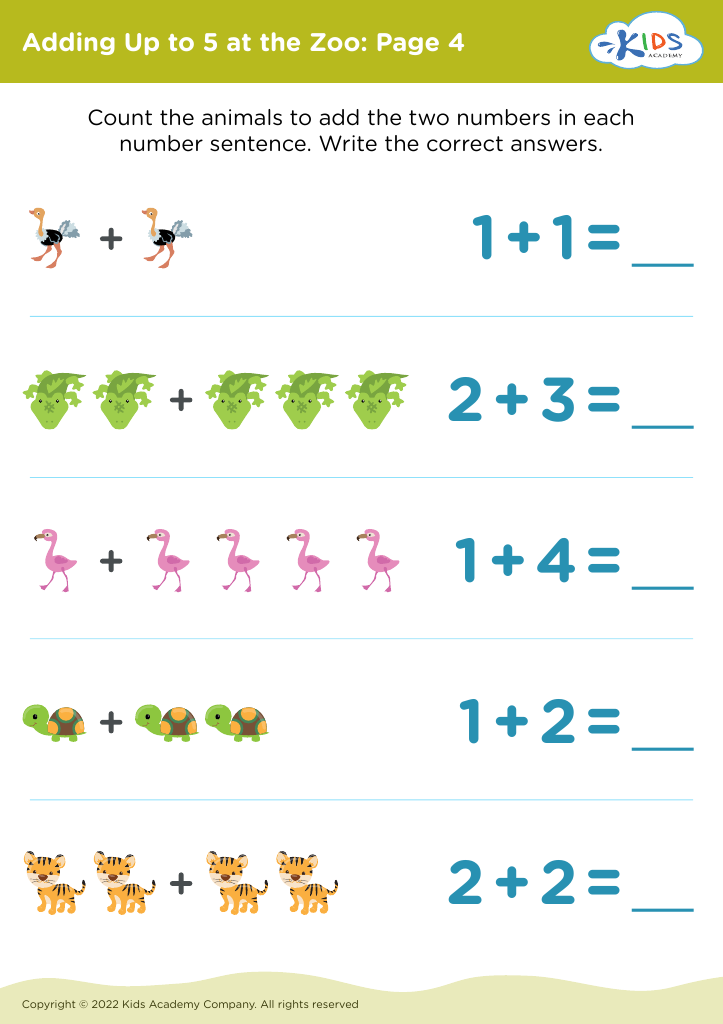
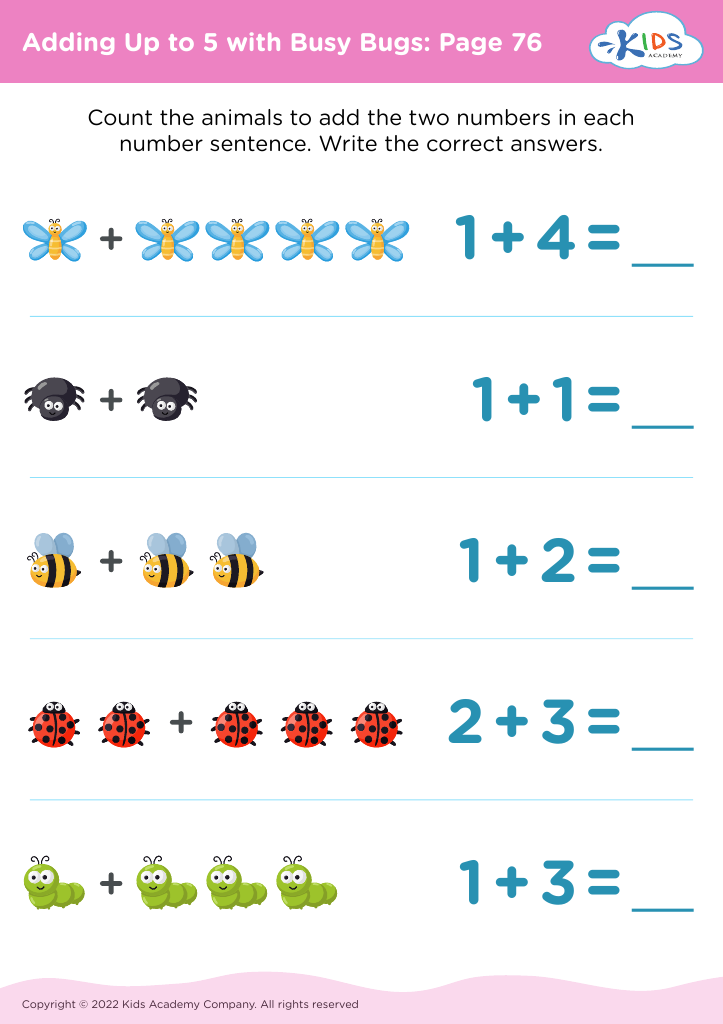

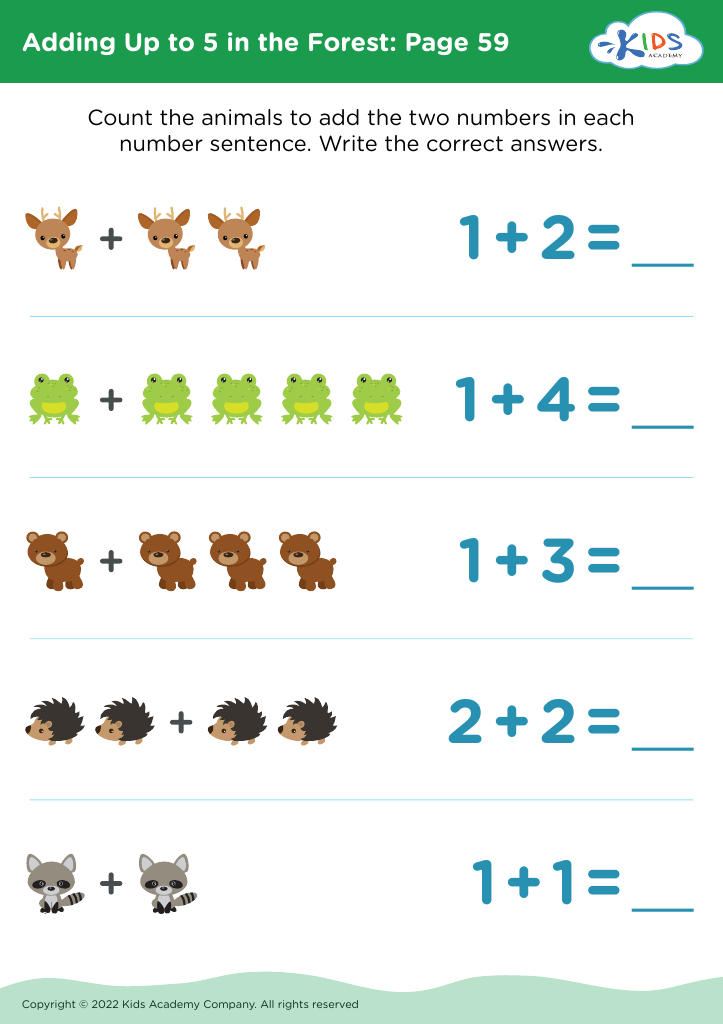
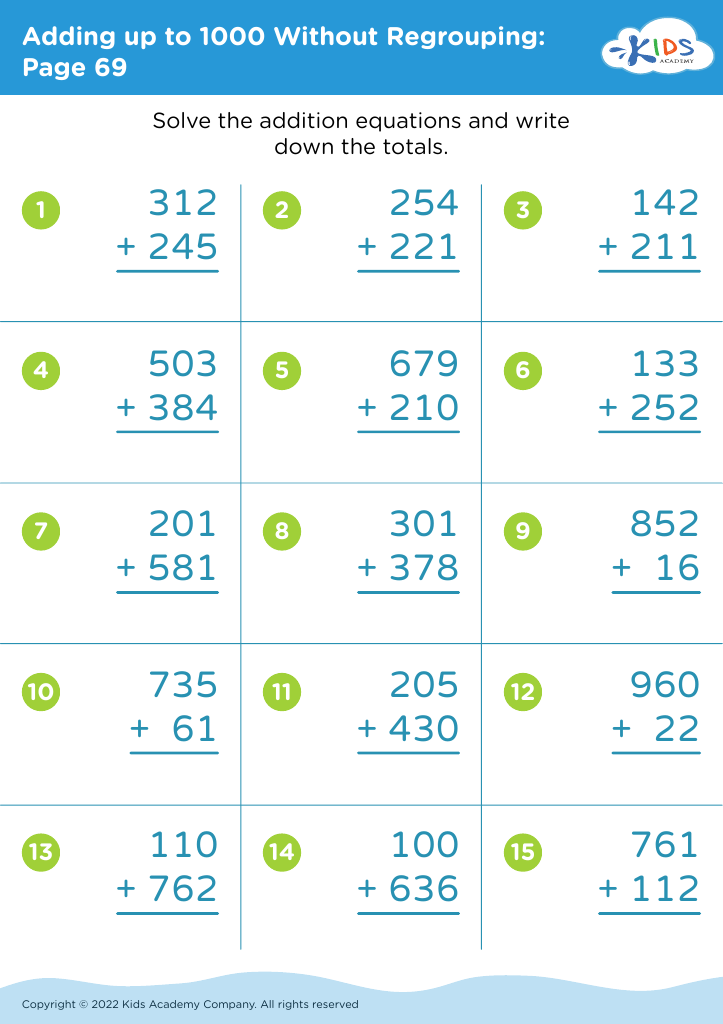

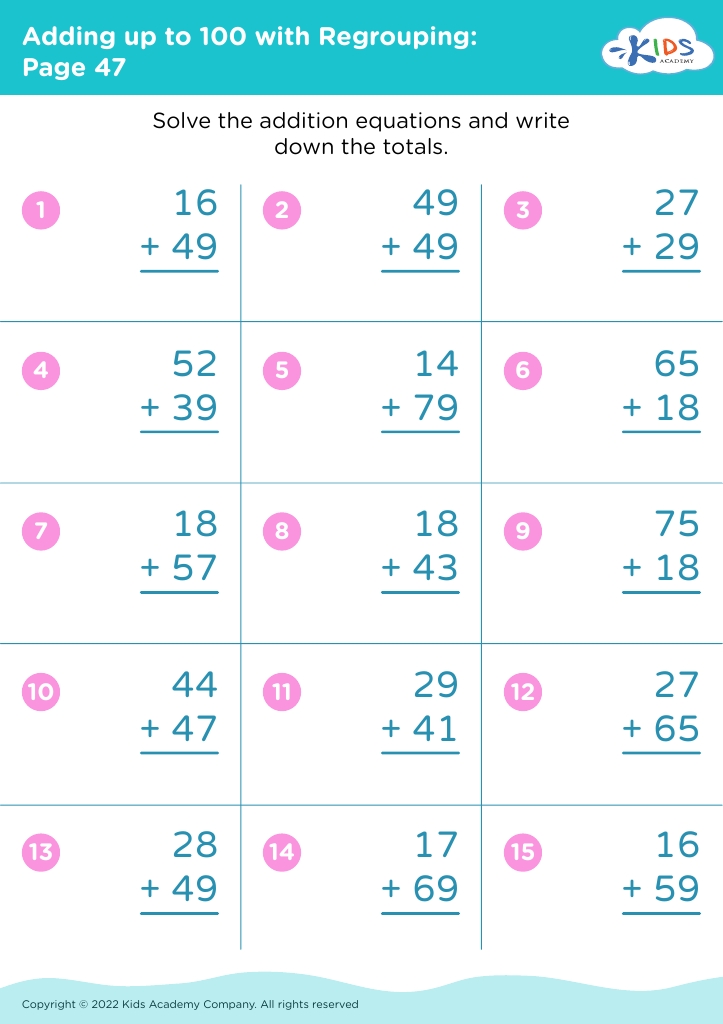





.jpg)














